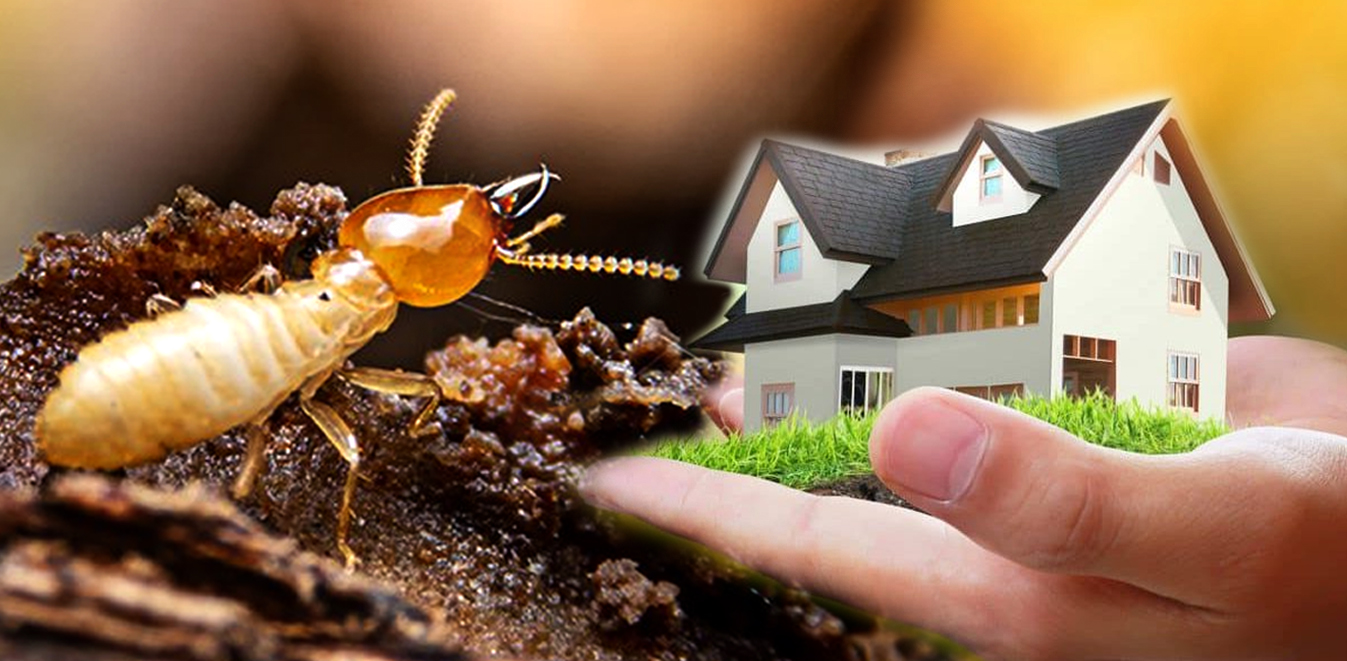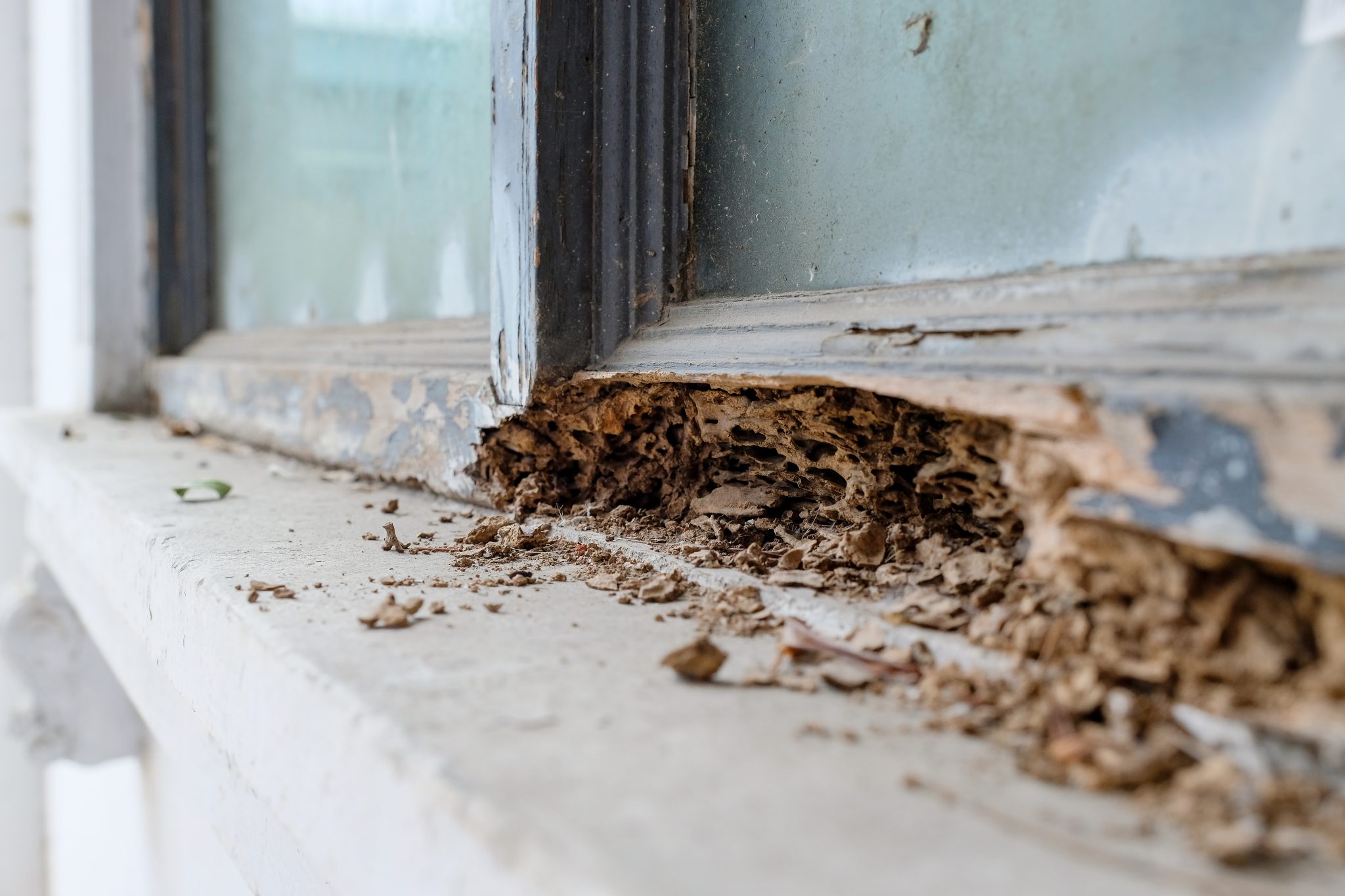Termites, often dubbed “silent destroyers,” can wreak havoc on homes and properties without the slightest hint of their presence. Understanding the urgency to confront these unwelcome intruders is paramount.
However, with a multitude of termite control methods available—from chemical treatments and baiting systems to natural remedies—the question arises: which approach stands the best chance of success? As homeowners grapple with this dilemma, factors like effectiveness, environmental impact, and long-term reliability come into play. The stakes are high, and making an informed choice can mean the difference between a secure home and an expensive repair bill.
Join us as we delve into the various strategies for termite control, evaluating their strengths and weaknesses to find the method that minimizes the risk of a failure.
Introduction to Termite Control

Termites are often called “silent destroyers” because of their ability to inflict severe damage to homes before the homeowner even realizes there’s a problem. Understanding termite control is not merely about eradicating these pests; it’s about implementing a comprehensive strategy that ensures long-term protection.
With an array of methods available, each boasting its own set of advantages and challenges, it can be daunting to navigate the right approach. From chemical treatments and bait systems to natural remedies and preventive measures, the world of termite control is both intricate and diverse.
As we delve into the various techniques, it becomes essential to consider effectiveness, safety, and the environmental impacts, setting the stage for an informed choice in safeguarding your home.
Overview of Common Termite Control Methods

Termite control methods range from chemical treatments to natural solutions, each with its own advantages and potential pitfalls. Among the most common approaches, liquid termiticides act as a barrier, forming a protective shield around structures, while baiting systems lure termites to consume poisonous substances, which they then carry back to their colonies, effectively undermining the entire population.
On the other hand, some homeowners may opt for physical barriers, such as steel mesh or sand, to deter these relentless pests from gaining entry. Additionally, methods like heat treatment or beneficial nematodes leverage the natural enemies of termites, providing a more eco-friendly alternative, albeit sometimes at a higher cost.
As the effectiveness of each method can vary based on multiple factors—such as the species involved, environmental conditions, and the extent of the infestation—understanding these techniques and their implications is vital for making an informed choice in termite management.
Chemical Treatments: Efficacy and Risks

Chemical treatments for termite control can be effective, but their risks and efficacy should be carefully weighed. On one hand, targeted insecticides like fipronil and imidacloprid have demonstrated a powerful ability to eliminate termites quickly and can penetrate wood structures to ensure deep-rooted infestations are addressed.
Yet, this chemical approach is not without its pitfalls; concerns about environmental impact, potential harm to beneficial insects, and human health hazards linger in the shadows of their use. Moreover, improper application or reliance on a single treatment can foster resistance among termite populations, leading to a cycle of increasingly difficult and costly infestations. Homeowners must navigate these waters cautiously, seeking professional advice to strike a balance between immediate eradication and sustainable, long-term safety.
Conclusion
In conclusion, selecting the most effective termite control method is crucial for safeguarding your property and ensuring long-term results. While various approaches exist, from baiting systems to liquid treatments, termite fumigation often emerges as a reliable option due to its comprehensive effectiveness in eradicating infestations. However, the best choice ultimately depends on factors such as the extent of the infestation, the property type, and personal preferences.
Its essential to consult with pest control professionals who can assess your specific situation and recommend the most suitable strategy. With the right approach, homeowners can protect their investments and achieve lasting peace of mind against these relentless pests.




